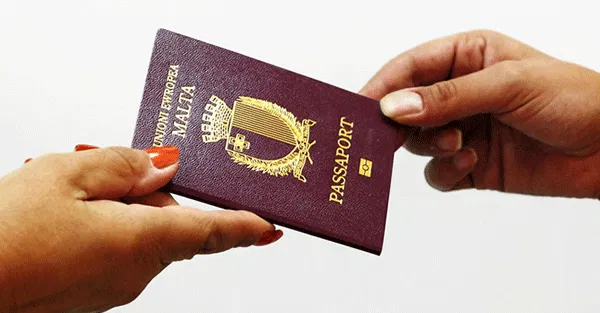Traveling opens doors to new experiences and can create unforgettable memories, but it also comes with potential risks. Scams targeting travelers are on the rise, and the losses can range from a few dollars to devastating financial setbacks. Protect yourself by recognizing red flags and using reputable booking platforms to ensure your travel plans go smoothly.
Navigating through various offers might be overwhelming, especially with seemingly incredible deals on accommodation and activities. It’s crucial to maintain a sharp eye and identify offers that are too good to be true. A little caution, such as verifying the authenticity of vacation rentals and avoiding questionable online transactions, can go a long way in keeping your vacation stress-free.
Your vigilance should extend beyond just booking processes. Online interactions and public Wi-Fi networks are also breeding grounds for scams aiming to steal your information. Always use trusted internet connections and avoid sharing personal details unnecessarily. With these simple practices, you can confidently plan your next adventure without falling victim to potential scams.
Recognizing Common Types of Travel Scams
Traveling offers incredible opportunities, but it’s crucial to remain vigilant against scams. Common scams include high-pressure sales tactics, fake vacation rentals, prize trips, and fraudulent tour operators.
High-Pressure Travel Sales
High-pressure sales involve aggressive tactics to force quick decisions. These often occur at timeshare presentations or through limited-time offers. Scammers insist you must act immediately to avoid missing out on a deal.
To protect yourself, always ask for written contracts and review cancellation and refund policies. Scammers prey on hurried decisions, so take your time and research the company offering the vacation package. If you feel rushed, it’s best to walk away.
Fake Vacation Rentals
Fake vacation rentals lure travelers with beautiful photos and enticing prices, only to disappear with your money. Scammers often create realistic listings on popular rental platforms or impersonate legitimate property owners.
Verify rental legitimacy by communicating with the property owner through the official site, and use secure payment methods. Never wire money or pay cash, as these are hard to trace. Reading reviews and checking for consistent listings on multiple platforms can also help confirm authenticity.
Prize Trip Scams
Prize trip scams promise a free or discounted vacation you’ve supposedly won. However, these offers require upfront payments for fees or taxes. Scammers rely on the excitement of winning to exploit victims.
Always be skeptical of unsolicited calls or emails claiming you’ve won a contest you didn’t enter. Legitimate prizes don’t require you to cover costs before claiming them. Verify the source before providing personal or financial information and consider consulting reliable travel resources for confirmation.
Tour Operator Fraud
Tour operator fraud involves false advertising or exaggerated promises about travel packages. These companies might not deliver the services or accommodations they promise.
Verify the credibility of tour operators by checking for licenses and reading customer reviews. Engage with travel agencies that have established reputations. Always demand detailed itineraries, and verify details independently when possible.
Strategies for Avoiding Travel Scams
When planning a vacation, ensuring your safety and protecting your finances is crucial. Thorough research, secure payment methods, and choosing reliable resources can significantly reduce the risk of encountering scams.
Research and Verification
Begin your travel planning by conducting thorough research. Verify your accommodation with reputable sources and check multiple reviews to ensure credibility. Be cautious of deals that seem too good to be true, as these often indicate scams.
Use official websites and direct communication to confirm hotel details. For instance, when considering traveling to the Caribbean with a cruise line, check the company’s official site for valid offers. Photos and descriptions on rental listings should be compared with other online images to spot discrepancies. Employing these steps can prevent false bookings and financial loss.
Securing Payments and Personal Information
Secure your payments by using credit cards instead of debit cards, offering better protection against fraudulent transactions. Credit card companies often provide additional measures such as chargeback options in cases of fraud.
Avoid wiring money directly or using cash transfers, as these are harder to trace and recover. Before entering any personal information, ensure the website is secure—look for “https” in the URL to confirm a secure connection. These practices safeguard your financial and personal data from potential scams.
Utilizing Trusted Resources
Stick to well-known travel platforms, which usually offer guarantees and customer support to address potential issues. Websites with visible customer ratings and reviews can guide you to reliable choices. For flights and accommodations, consider booking directly with the service providers to eliminate middlemen who might be untrustworthy.
Using travel agent services certified by legitimate trade associations adds another layer of security. If planning specialized travel like cruises, ensure you are using recommended and known services. This reduces the risk of running into non-existent travel deals and ensures a safer booking experience.






